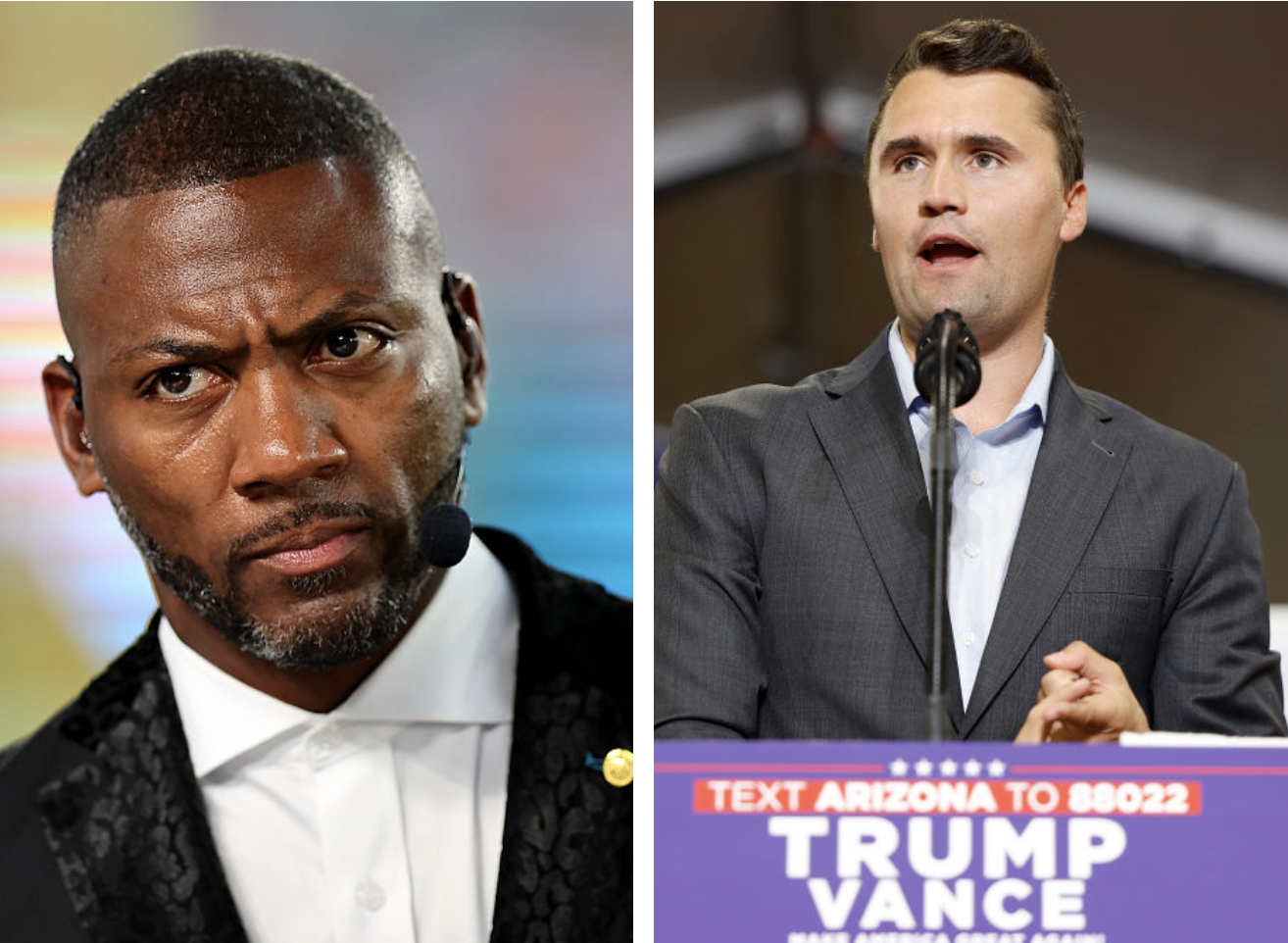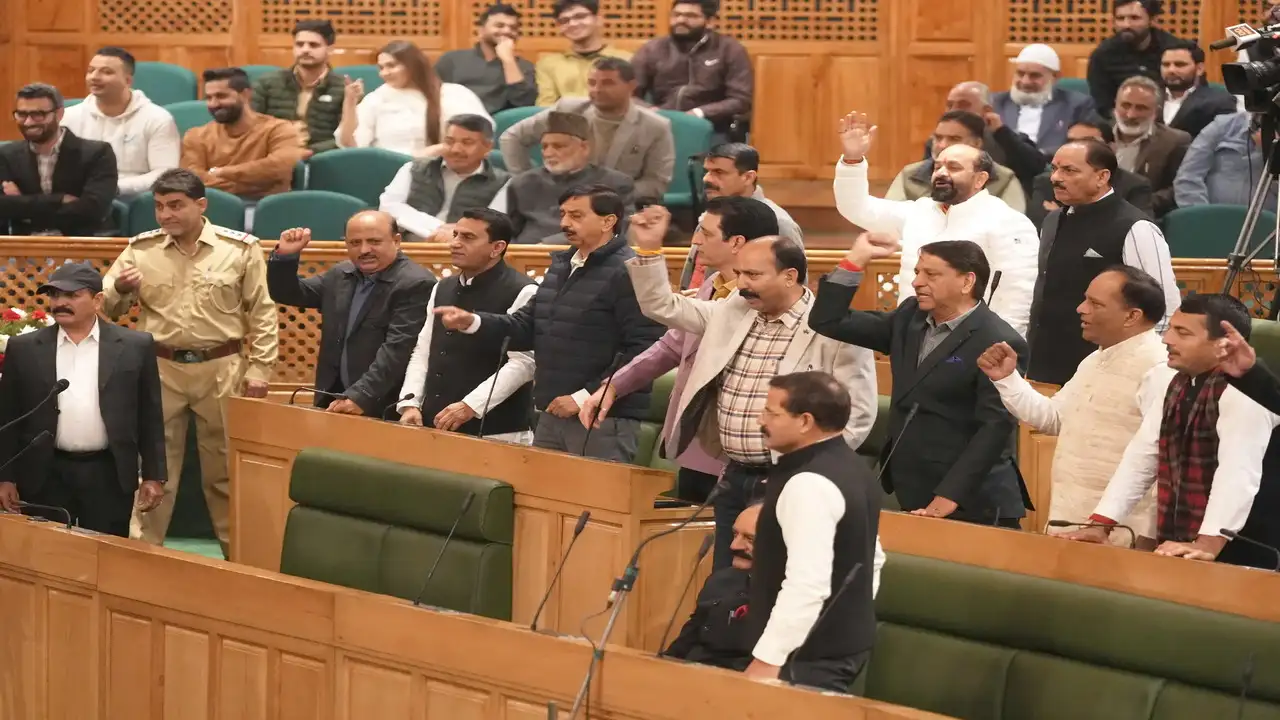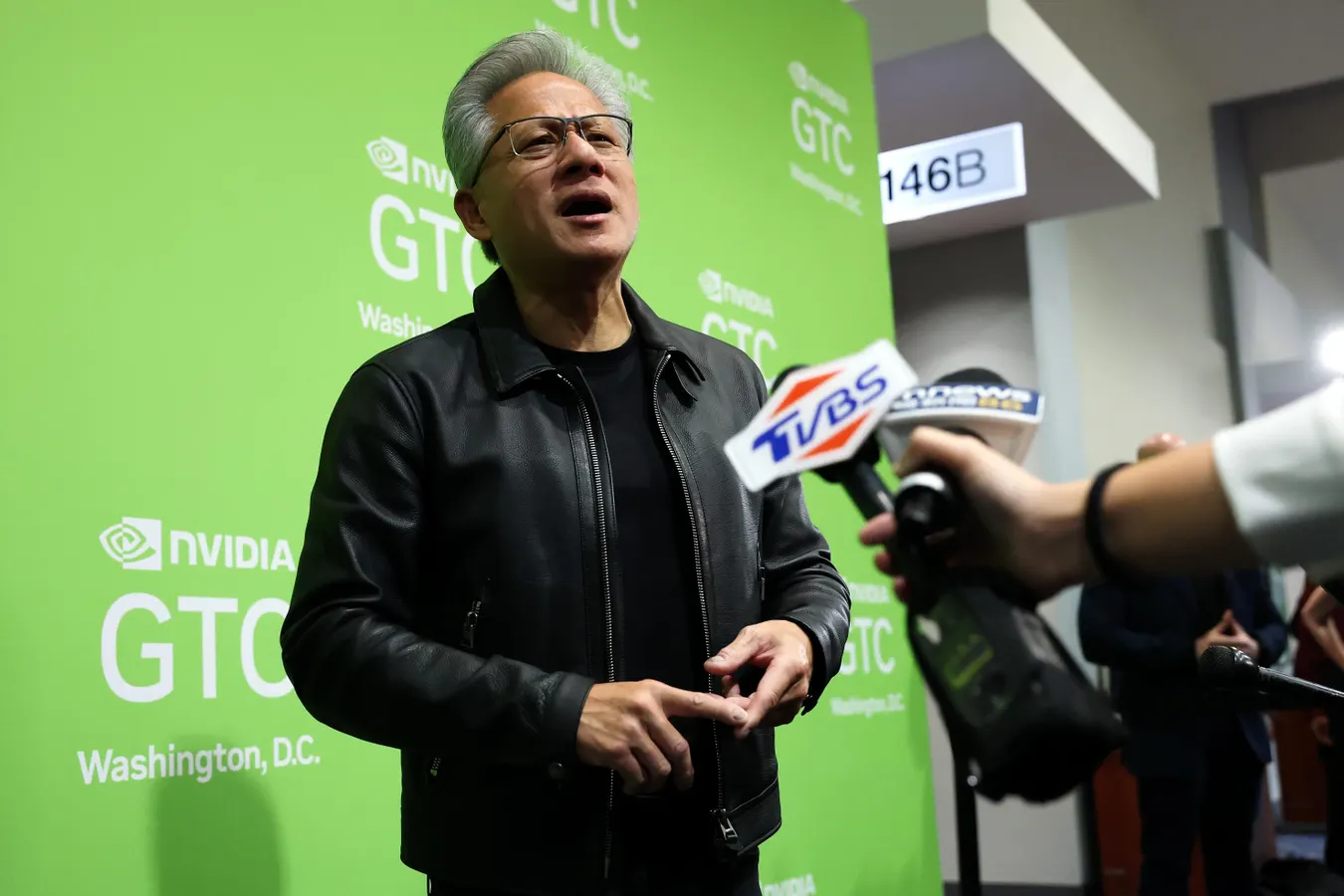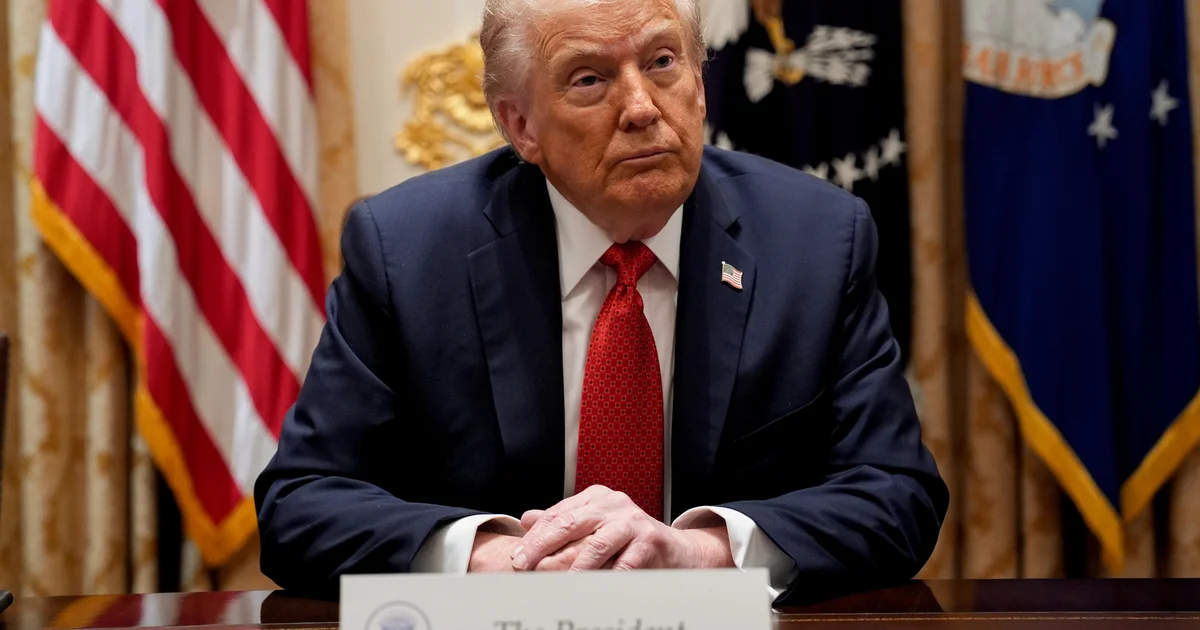Copyright outkick

It seems like every few weeks, we ask how many more chances Ryan Clark will get. That's because every few weeks, he gives ESPN another reason to question whether he’s worth the risk. On Thursday’s edition of "First Take," Clark criticized Louisiana Gov. Jeff Landry for wanting to put a statue of assassinated activist Charlie Kirk on the campus of LSU. "This is the second most ridiculous thing he said this week," Clark said in response to Gov. Landry’s comment that he would not let Athletic Director Scott Woodward hire Brian Kelly’s replacement. "The first was standing on campus and saying he wanted to put a statue of somebody, Charlie Kirk, that doesn’t represent the people of Louisiana." First, Trump won the state of Louisiana by a margin of 22 points. By definition, Charlie Kirk represents more people in Louisiana than he doesn’t. But that isn’t the point. The point is that Clark once again turned a conversation about sports on ESPN into a discussion about politics, social issues, or race. Less than a month ago, he interrupted a segment on the Monday Night Football postgame show to declare Kyren Lacy innocent of negligent homicide charges based solely on statements from a defense lawyer. He also denounced Louisiana police officer Tyler Werner, who was involved in the investigation, calling him a "criminal" and suggesting his actions were racially motivated. A video released less than 24 hours after Clark’s declaration appeared to contradict his claim. Clark apologized on ESPN later that week. Speaking of apologies, Clark now averages one per month. This summer, he apologized after race-shaming Robert Griffin III for marrying a white woman, and then a month later for an "on- and off-air" interaction with Peter Schrager, in which he belittled him for not playing in the NFL. These are just some of the issues Clark has caused management in recent months. He previously refused to appear on air with Sage Steele, publicized his contract negotiations on social media to pressure his employer, and, in a clear conflict of interest, defended clients of David Mulugheta — the same agent who assisted Clark in his own negotiations. That’s a considerable amount of baggage for a commentator who provides little measurable value to the network. And that isn’t meant as a personal attack. Very few people in television, especially sports television, bring quantifiable upside to their employer. Most hosts and analysts are interchangeable, and their presence has little to no effect on viewership. It’s understandable why ESPN tolerates distractions from the few who do matter — Stephen A. Smith, Pat McAfee, and now Charles Barkley. But Clark isn’t one of them. In fact, his reputation likely turns more viewers away than toward ESPN. Ryan Clark undermines the entire network's credibility with his perpetually off-topic faux sophistication. He so badly wants to prove he's more than just a game analyst. Yet each time he ventures away from game analysis, he comes across as uninformed, ignorant, and overly emotional. Interestingly, Clark was once a strong football analyst. Even Stephen A. Smith, who had previously defended Clark, appeared visibly annoyed by the mention of Kirk on Thursday: From a practical standpoint, there is no valid argument that Clark is still worth the trouble for ESPN. His negatives far outweigh his value, and management is aware of it. Yet ESPN Chairman Jimmy Pitaro has created an environment in which commentators of color rarely face accountability for unprofessional conduct — except for Sage Steele, who happens to be conservative. Compare the consequences Sam Ponder and Ashley Brewer faced under Pitaro to the lack of repercussions for Clark, Elle Duncan, and Mark Jones, all of whom have engaged in far more blatant violations of ESPN’s supposed ban on political discourse. Ultimately, the blame no longer lies with Ryan Clark. Pitaro has allowed him to say and do whatever he wants, regardless of how much it damages the company's reputation. If Pitaro had even half a set of balls, Clark would never have had the opportunity to reference the Louisiana police or Charlie Kirk on ESPN. But he doesn't. As a result, Clark will continue to make headlines — to the frustration of nearly all of his colleagues and producers.



